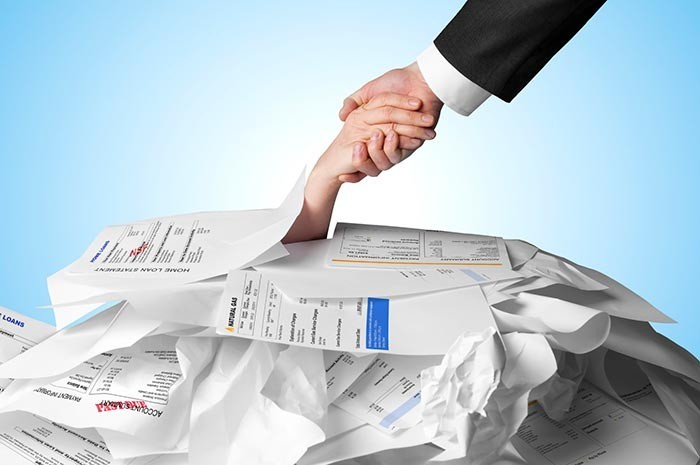10 Tips for Business Invoices
- Payment Processing
- Article
-
6 min. Read
-
Last Updated: 10/15/2014

Table of Contents
When starting a business, receiving prompt payment on your business invoices is of utmost importance. Learning to handle the invoicing process in an effective manner can take some time, but it is one of the most important processes to master when it comes to running a business.
Tips to Make Sure Your Money Comes in on Time
1. Clear Communication—Be sure to communicate your payment terms to your client at the time of the sale, and ensure that the terms are also stated clearly on the invoice. Some customers may even want to pay all or part of their bill upfront, so you may want to give them this option.
2. Specific and Detailed—Business invoices should be very clear as to what the client is paying for. For instance, if you have a service business, rather than simply stating a sum that is due, always try to detail out the dates worked, the actual services performed, and how many hours it took. If you have a product-based company, list out specifically which items were purchased by the client.
3. Appropriate Payment Terms—Many new business owners automatically use "net 30", which simply means that the customer needs to pay the balance within 30 days. However, sometimes a shorter time span will work, depending on the type of business. You can use "net 10" or any other appropriate time frame. Just ensure that your client is aware of your payment terms at the time of the sale.
4. Provide Incentives or Penalties—One way that a small business can encourage prompt payment is to give customers a discount if they pay within a certain time frame. And, the other side of that is to assess a late fee if a customer pays after a certain date. These terms should also be specified on the invoice in a clear manner.
5. Prompt Invoicing—Always try to invoice promptly after the work is completed. Even though a customer may be aware that they owe you money, and possibly even how much they owe, many will not pay without the hard copy invoice, because they want a paper trail for their own business.
6. Invoicing Work In Progress—For jobs that are likely to be in process for an extended period, it is often advantageous to invoice as the work is completed. This will provide capital for your company as the longer-term jobs are being worked.
7. Direct Invoicing--Ask your clients if they would like to have their invoices emailed to them, which will cut down on mailing time. In addition, if you use a program which will automatically invoice your clients, such as Paychex Accounting Online, you will save time because the preparation and sending of the invoice can all be done in one step.
8. Online Payments--These days, businesses are trying to streamline their processes, and if a company can email an invoice that has a payment button, then that is one less step that the client has to take to make the payment.
9. Send payment reminders--It is often helpful to send a quick reminder a few days before the payment is due. It doesn't have to be long and detailed, but a quick email thanking the client for their business and reminding them that the payment date is approaching can often prevent overdue payments
10. Follow Up on Past Due Invoices--Many new business owners feel uncomfortable when calling a customer to follow up on an unpaid invoice. However, unless your business is large enough to have a person who handles collections, it is important to become comfortable with the process. Make sure that you build a good relationship with your customer or their accounting department.
Tags







